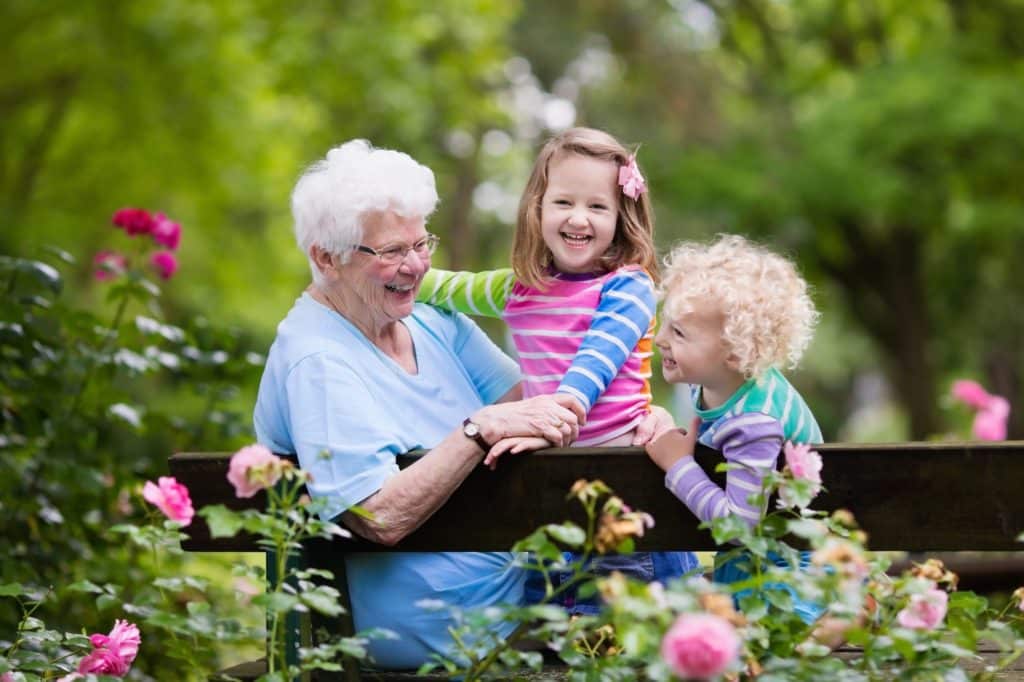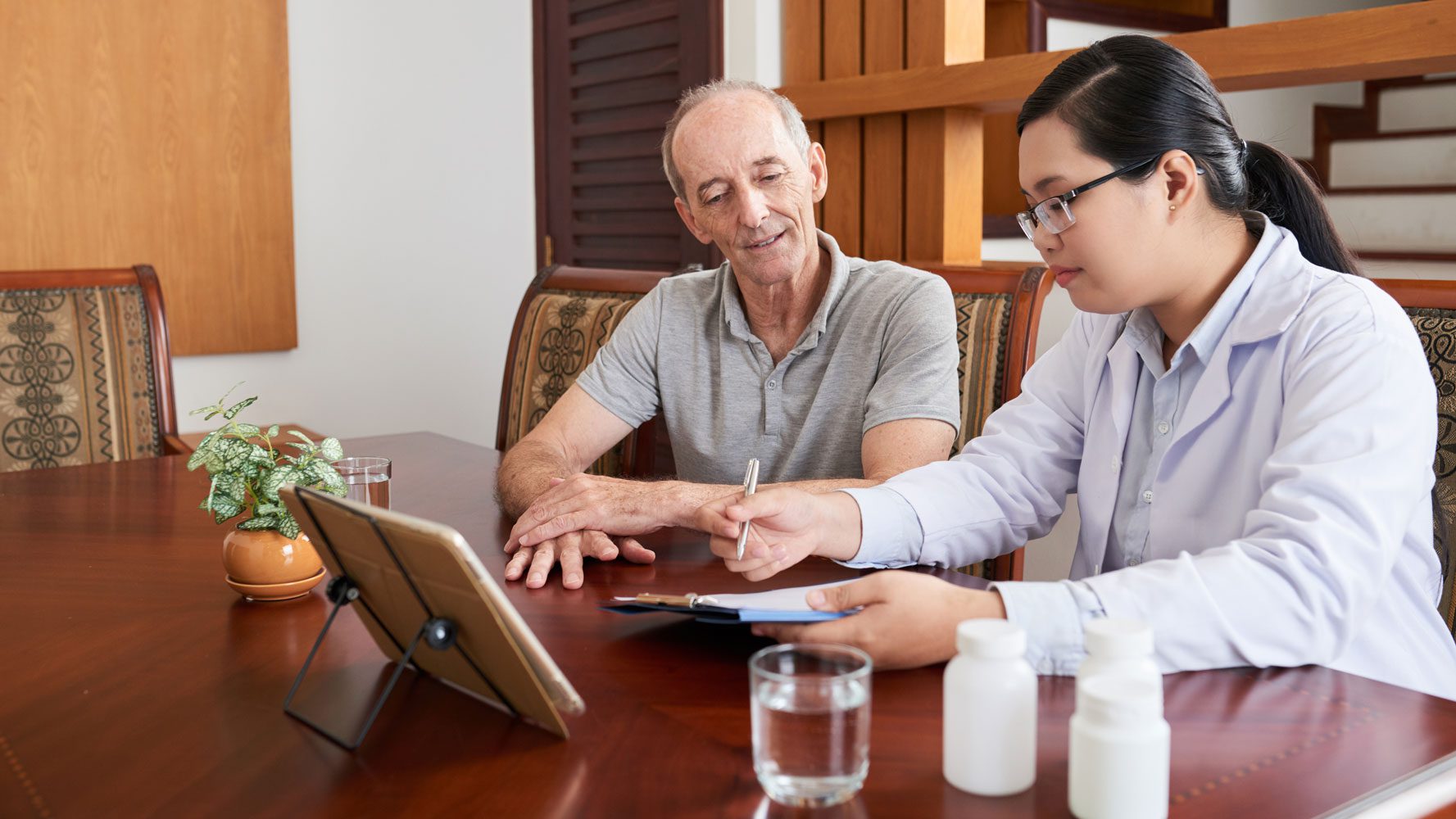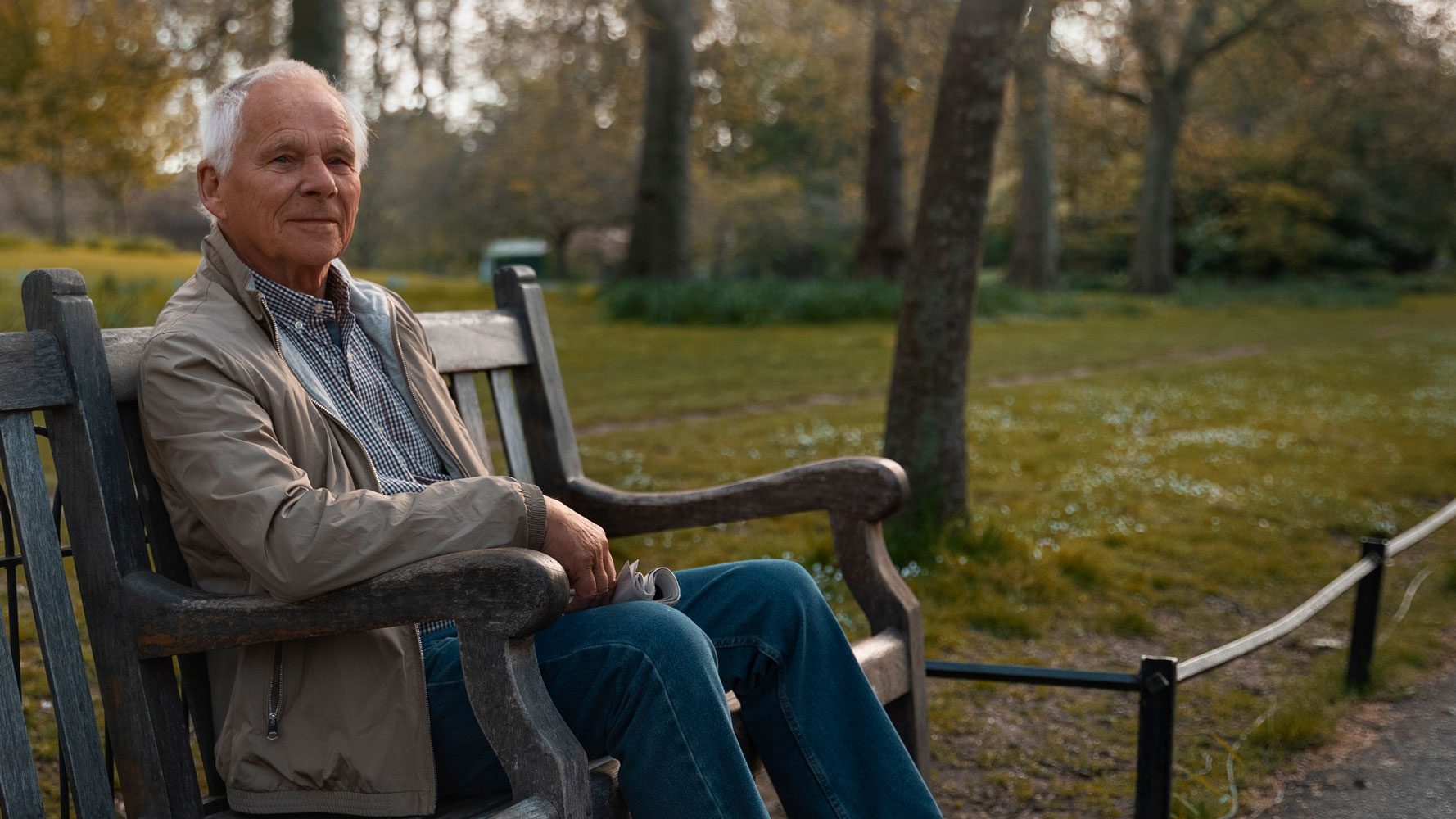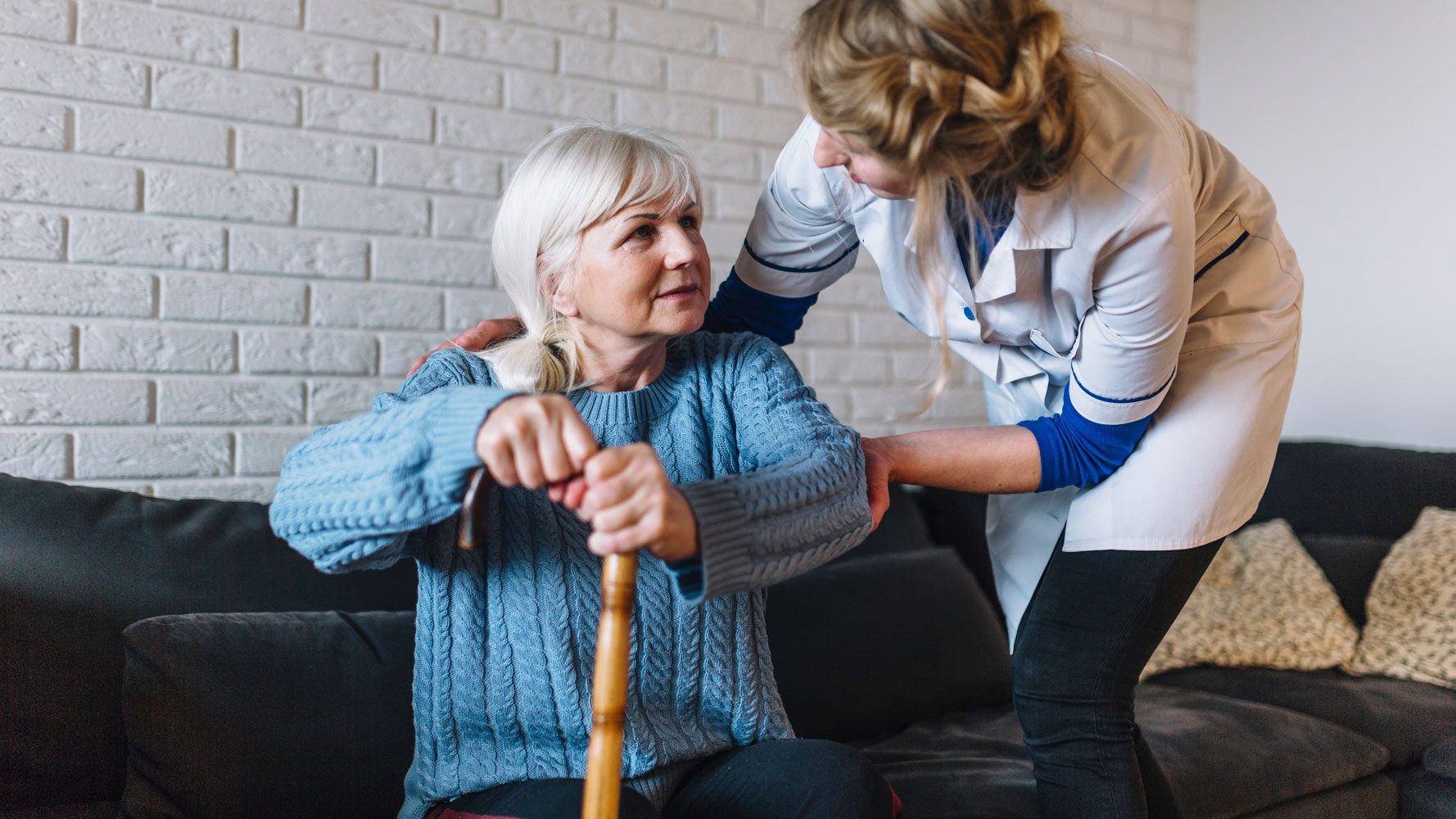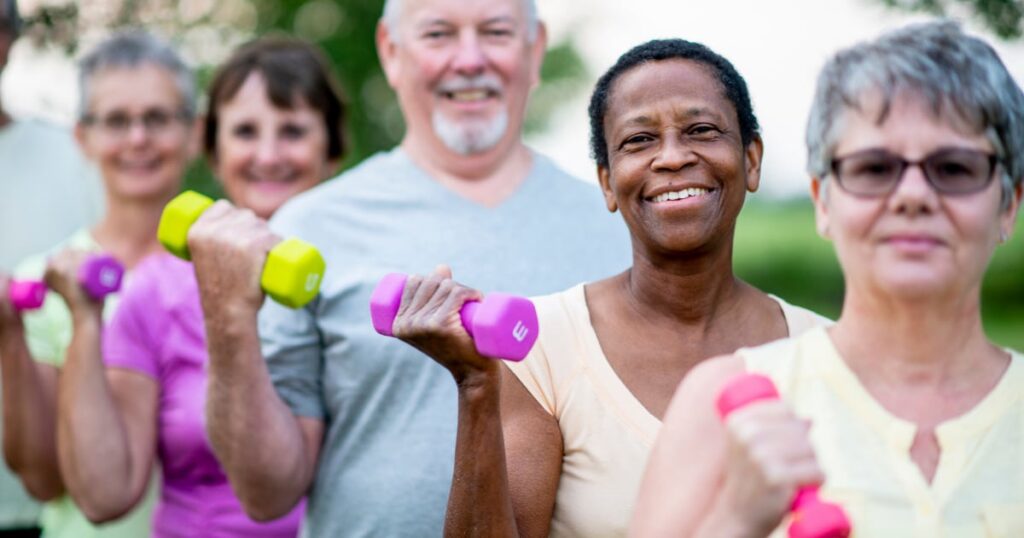
When seniors in aged care regularly participate in some form of physical activity or exercise program, it can improve their quality of life and even prevent serious medical or physical problems. Not only that, physical activity can also help prevent symptoms of depression, improving the mood of seniors in aged care.
At the same time, aged care providers need to follow specific physical activity guidelines to ensure seniors are safely assisted or safely performing the exercise.
Why is physical activity essential for aged care facility residents?
If you have ever been prescribed a physical activity program with a physical therapist, physiotherapist or occupational therapist after a medical event, you know how important exercise is for your general wellbeing. Exercise can help to heal your body and it can also help to prevent your body from further injury.
Regular physical activity and exercise is crucial for aged care facility residents to keep them in good physical and mental form, which can help prevent medical or physical accidents. Having a regular exercise program can go a long way to avoiding physical decline, as well as improving their general mood.
Physical activity for aged care facility residents can also help:
- lower the risk of cardiovascular disease
- reduce the impact of respiratory disease
- prevent the development of type 2 diabetes
- protect against bowel, breast and prostate cancer
- control weight and cholesterol
- improve muscle mass and bone density
- decrease the risk of falls due to better balance and strength
- lessen pain and improve movement in joints and muscles
- enhance mental wellbeing, improve mood and reduce feelings of frustration
- promote social engagement
- increase sense of independence
- provide an overall better quality of life
At Aged Care Decisions, we work with over 1800 aged care facilities and can provide you with information on each, including any physical activity programs or guidelines. Simply contact us through our easy online form or call 1300 775 870 and speak to one of our Aged Care Decisions specialists.
Do aged care facilities offer classes or have a gym?
Depending on the type of resources available, some aged care providers do have a gym or pool onsite that residents can enjoy. Others may also offer exercise programs and classes to their residents.
Whatever type of physical activity aged care facilities offer, however, it is important they follow physical activity guidelines for seniors to prevent any unnecessary injuries.
What type of physical activity is recommended for seniors living in aged care facilities?
Professionals recommend at least 30 minutes of gentle to moderate exercises every day for seniors living at an aged care facility. These are exercises that are intense enough to increase their heart rate slightly and feel a little short of breath (they can talk comfortably but not sing).
However, the type of physical activity aged care residents can participate in will also largely depend on their age, level of capability and health. This means the type of physical activity recommended could be anything from breathing exercises to group fitness classes, such as yoga and Pilates (modified for aged care residents).
Some aged care residents may also be able to do some vigorous exercise — this is where their heart rate is elevated and they have difficulty having a conversation. However, aged care facilities don’t generally recommend such vigorous physical activity, especially if they have never had the habit of doing it before.
In general, the type of physical activity recommended for seniors living in aged care facilities include:
1. Joint mobility exercises
Specific core, back, shoulder and knee exercises can help improve your strength and movement, improving the ability to stay independent for longer. Some aged care facilities offer their residents group exercise programs.
2. Walking outdoors
This is a very low impact form of exercise and can be as simple as a 10-minute stroll around the block or garden or an extended hour-long walk. Walking outside helps to breathe in fresh air and connect with nature and the outside world.
3. Hydrotherapy or aqua aerobics
Using the natural buoyancy and resistance of water, aqua aerobics is the ideal exercise to keep fit and build strength while avoiding unnecessary stress or impact on your joints. This of course would depend on whether the facility has a hydrotherapy pool on site.
4. Exercise physiologist classes
Exercise physiologists are trained to deliver tailored exercise programs. This means an exercise program led by an exercise physiologist can be adapted to suit your specific needs. Most of the aged care facilities have Allied Health Professionals that come in throughout the week.
5. Stretching (for muscle and joint flexibility)
As seniors get older, joints and muscles can often start to feel tender or even hurt. Stretching can help reduce any tension and the improved flexibility can help prevent injuries. Group stretching classes are offered by many aged care facilities.
6. Strength training
Lifting weights, or strength training, can help you improve muscle mass, which improves balance and reduces the risk of falling. Having strong muscles can also help fight osteoporosis and osteoarthritis.
Physical activity in aged care facilities is tailored to residents’ needs. Regardless of the type of physical activity, aged care providers ensure they are safe to exercise programs designed specifically with seniors in mind.
How did aged care residents exercise during lockdown?
As one of the most at-risk demographic for contracting the coronavirus, aged care residents experienced long lockdown periods. Recognising the importance of physical activity for its residents, many aged care facilities came up with novel ways of providing exercise programs during the coronavirus lockdown.
One aged care provider introduced ‘vertical’ fitness classes, where residents were able to see and hear a fitness instructor standing in a park with a megaphone. The park was in the middle of the residents’ apartment buildings, and residents could participate from their own balconies.
The vertical classes helped residents feel connected, as they observed each other from their balconies, and also managed to keep them active during lockdown.
Aged Care Decisions offer a free service to ensure you have support throughout your aged care journey. We help you find quality aged care facilities in your area based on your specific care needs, so you can choose which ones you would like to tour. We can even book tours for you and help you prepare to make the most out of your tour. Call us on 1300 775 870 or get in touch through our simple online form.


